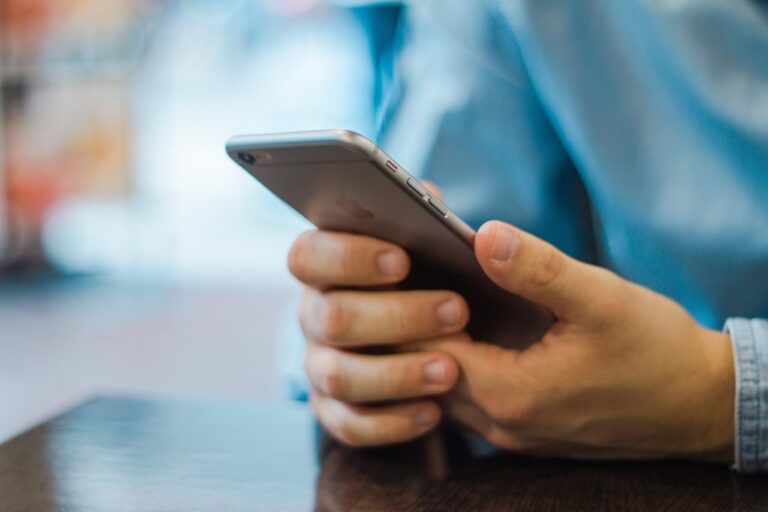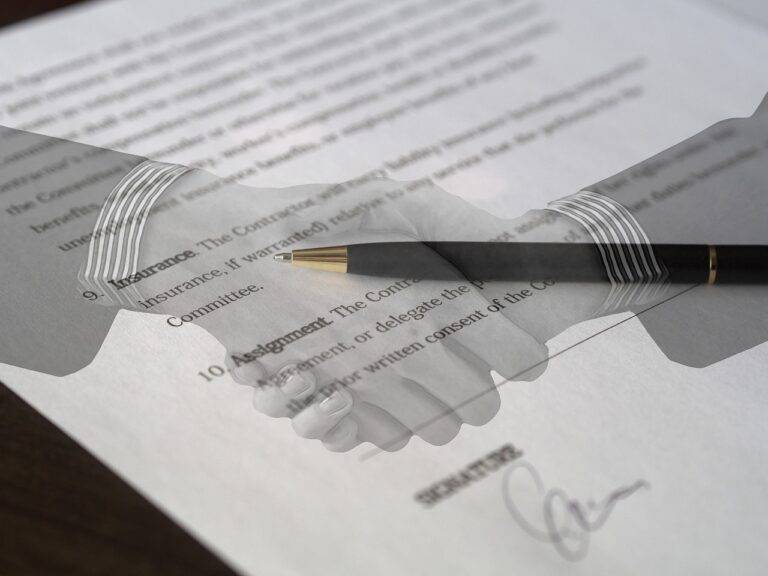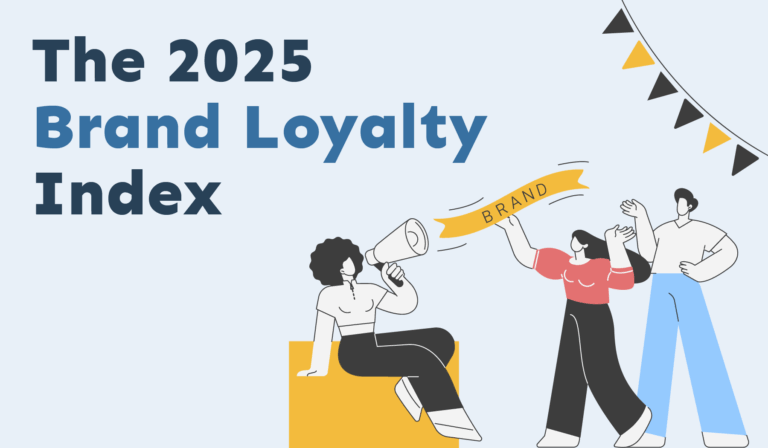Event Accessibility: Designing for Neurodiversity
lotus365 book, playexch 99, all panel .com:Event Accessibility: Designing for Neurodiversity
Whether you are organizing a conference, workshop, or community event, it is essential to prioritize accessibility for all attendees, including those with neurodiverse needs. Neurodiversity refers to the diversity of human brains and minds, including individuals with conditions such as autism, ADHD, dyslexia, and other cognitive differences. By designing events with neurodiversity in mind, you can create a more inclusive and welcoming experience for all attendees.
Here are some key considerations for designing events that are accessible to individuals with neurodiverse needs:
Creating a Sensory-Friendly Environment
Many individuals with neurodiverse conditions are sensitive to sensory stimuli such as bright lights, loud noises, and strong smells. To create a sensory-friendly environment, consider the following:
– Use soft lighting and natural light whenever possible.
– Minimize background noise and provide quiet spaces for individuals who need a break from sensory overload.
– Avoid using strong scents or fragrances in event spaces.
Offering Flexible Seating Options
Some individuals with neurodiverse conditions may have difficulty sitting still for long periods or may have specific seating preferences. To accommodate diverse seating needs, consider the following:
– Provide a mix of seating options, such as chairs, bean bags, and standing desks.
– Offer designated quiet seating areas for individuals who may need a break from social interactions.
– Allow attendees to move freely between seating areas during the event.
Communicating Clearly and Concisely
Clear communication is essential for all event attendees, especially those with neurodiverse conditions such as ADHD or dyslexia. To ensure effective communication, consider the following:
– Use plain language and avoid jargon or complex terminology.
– Provide information in multiple formats, such as written materials, visuals, and verbal announcements.
– Offer captioning or sign language interpretation for presentations and discussions.
Supporting Social Interactions
Social interactions can be challenging for individuals with neurodiverse conditions such as autism or social anxiety. To promote positive social interactions, consider the following:
– Provide icebreaker activities or networking opportunities to help attendees connect with one another.
– Offer social scripts or conversation starters for individuals who may need extra support in social settings.
– Designate quiet or low-stimulation areas for individuals who may feel overwhelmed by large crowds.
Promoting Inclusivity and Respect
Above all, it is essential to promote a culture of inclusivity and respect at your events. By valuing neurodiversity and accommodating diverse needs, you can create a more welcoming and supportive environment for all attendees. Consider the following tips:
– Train staff and volunteers on neurodiversity awareness and inclusion best practices.
– Encourage attendees to share their specific needs and preferences to ensure that accommodations are met.
– Continually seek feedback from neurodiverse individuals to improve future event accessibility.
By prioritizing event accessibility for neurodiverse individuals, you can create a more inclusive and welcoming experience for all attendees. With thoughtful planning and consideration, you can design events that celebrate the diversity of human minds and create opportunities for connection and learning.
FAQs
Q: How can I determine the specific needs of neurodiverse attendees at my event?
A: Consider surveying attendees in advance to gather information on their specific needs and preferences. You can also provide a dedicated contact person for individuals to communicate their requirements confidentially.
Q: What are some common accommodations for neurodiverse individuals at events?
A: Common accommodations may include quiet spaces, sensory-friendly materials, captioning or sign language interpretation, flexible seating options, and clear communication methods.
Q: How can I promote neurodiversity awareness and inclusion at my event?
A: Consider hosting training sessions on neurodiversity awareness for staff and volunteers, providing educational materials on neurodiversity, and incorporating neurodiversity themes into event programming.







